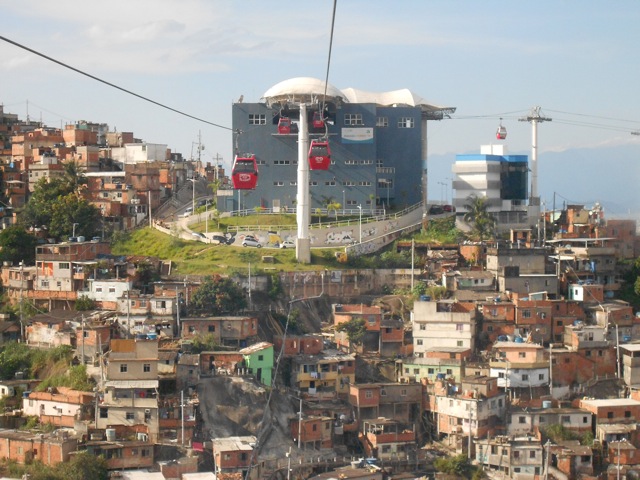Call for Papers – Research Workshop
Touristification Impossible:
Tourism development, over-tourism and anti-tourism sentiments in context.
4th and 5th June 2019, Leicester UK
TAPAM – Tourism and Placemaking Research Unit – University of Leicester School of Business
Keynotes by Scott McCabe, Johannes Novy, Jillian Rickly and Julie Wilson
Touristification is a curious phenomenon, feared and desired in almost equal measure by policy makers, businesses and cultural producers, residents, social movements and last but not least, tourists themselves. Much current reflection on over-tourism, particularly urban tourism in Europe, where tourism is experienced as an impossible burden on residents and cities, repeats older debates: tourism can be a blessing or blight, it brings economic benefits but costs in almost all other areas. Anti-tourism social movements, residents and some tourists declare ‘touristification impossible’, asking tourists to stay away or pushing policy makers to use their powers to stop it. Such movements have become evident in the last 10 years in cities like Barcelona and Athens and there is a growing reaction against overtourism in several metropolitan cities internationally.
This workshop sets out to re-consider (the impossibility of) touristification. Frequently, it is understood simplistically as a process in which a place, city, region, landscape, heritage or experience becomes an object of tourist consumption. This, of course, assumes an implicit or explicit transformation of a resource into a commodity and carries an inherent notion of decline of value, from ‘authentic’ in its original state to ‘commodified’ after touristification. In other words, touristification is often seen as a process of ‘selling out’. But a change of perspective reveals the complexities involved. While some may hope to make touristification possible, it is sometimes actually very difficult and seemingly impossible: When places are unattractive, repulsive, controversial, difficult and contested, how do they become tourist attractions? Arguably in such cases value is added rather than lost in the process of touristification. These situations require a rethink not just of the meaning of touristification, but the underlying processes in which it occurs. How do places become touristically attractive, how is attractiveness maintained and how is it lost? Which actors initiate, guide and manipulate the process of touristification and what resources are mobilised?
The aim of this two-day workshop is to provide an opportunity to challenge the simplistic and biased understanding of tourism as a force of good and touristification as desirable, so common among destination marketing consulting and mainstream scholarly literature. But it will equally question a simplistic but frequent criticism of touristification as ‘sell-out’ and ‘loss of authenticity’.
We invite scholars, researchers, practitioners and PhD students to submit conceptual and/or empirical work on this important theme. We welcome submissions around all aspects and manifestations of touristification (social, economic, spatial, environmental etc.) and, particularly, explorations of anti-tourism protests and the effects of over-tourism. The workshop is open to all theoretical and methodological approaches. We are delighted to confirm keynote presentations by Scott McCabe, Jillian Rickly, Johannes Novy and Julie Wilson.
The workshop is organised by the Tourism and Placemaking Research Unit (TAPAM) of the School of Business and builds on our first research workshop last year on ‘Troubled Attractions’, which brought together over 30 academics from the UK and beyond.
The workshop format
The research workshop will take place in the University of Leicester School of Business. It will combine invited presentations by established experts with panel discussions and research papers. Participants will have the chance to network and socialize during a social event in the evening of Tuesday 4th June. There is small fee of £20 for participation. Registration includes workshop materials; lunch on 4th and 5th June 2019 and social event on 4th June.
Guidelines for submissions
We invite submissions of abstracts (about 500 words) by 31st April 2019. Abstracts should be sent by email to: Fatos Ozkan Erciyas (foe2 (at) le.ac.uk).

